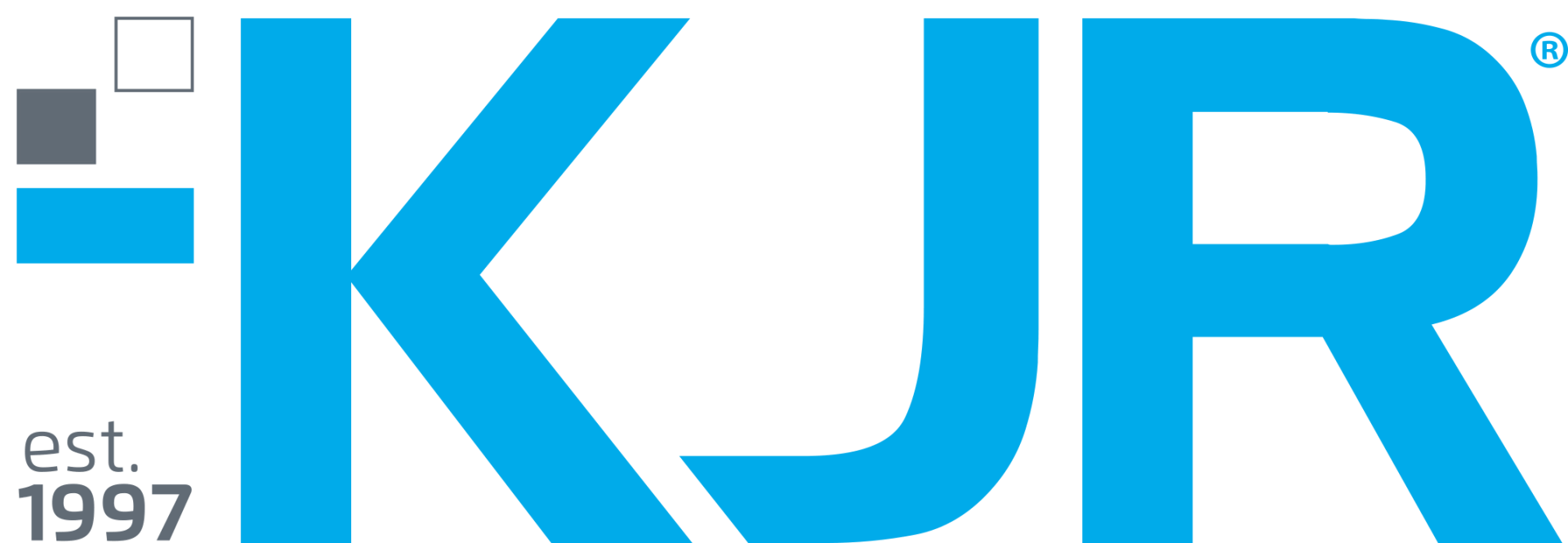How AI and Automation Can Benefit the Transport and Freight Industry
Benefits of AI and Automation for the Transport and Freight Industry
Including AI (Artificial Intelligence) and automation in the transport and freight industry can bring numerous benefits, revolutionising the way we manage logistics and transportation operations. KJR has been a leader in transforming the transport and freight industry, improving their system operations and developing technologies such as automation and machine learning to maintain their presence in a competitive market. Here are some of the key advantages:
Enhanced Predictive Analytics
AI-powered algorithms can analyse historical data to make accurate predictions about demand patterns, supply chain disruptions, and maintenance requirements. This proactive approach can enable companies to optimise inventory levels, plan for fluctuations in demand, and prevent potential issues before they occur.
Real-Time Tracking and Visibility
Automation and IoT (Internet of Things) sensors can provide real-time tracking and visibility of shipments and vehicles. This enhanced visibility allows for better tracking of goods in transit, ensuring on-time deliveries, and providing both companies and its customers with accurate updates on shipment statuses.
KJR has worked with a multinational corporation specialising in rail vehicle information systems. We delivered automation assistance on their monitoring system responsible for reporting on the continuous state of trains through continuous collection of sensory and transport data. Our KJR consultants were able to familiarise themselves with the client’s bespoke python-based test framework and secondly the execution of automated test scripts to remove current manual input.
Optimisation of Fleet Management
AI and automation can also help to optimise fleet management by dynamically assigning vehicles to routes based on real-time traffic conditions, delivery priorities, and vehicle availability. This may lead to reduced fuel consumption, minimised idle time, and improved overall fleet utilisation.
Optimisation of Supply Chain Logistics
As a distinct application in the way smart tools can condense resources and coordination with the information we collect, the integration of automated technologies makes a case for efficient and timely handling of operations.
The arrival of innovations like IoT, Blockchain, and Machine Learning have made it easier for transport organisations to address historical problems of inaccessibility, micromanagement, lack of adaptability to sudden obstacles, and more.
The possibilities these technologies present rise to meet a market with an exponentially increasing rate of demand, and therefore complexity of necessary operations to proportionally address these needs.
Reduction of Human Errors
Automation reduces the reliance on manual processes, thereby minimising the risk of human errors in data entry, order processing, and other critical tasks. This can lead to higher accuracy in shipment handling and documentation.
KJR’s project with the rail vehicle information systems also helped to convert the client’s manual testing with automated support process to an end-end test automation process that required no manual configuration or manual log checks. It made the process free of human errors and much more efficient.
Cost Savings
AI and automation can help transport and freight companies identify cost-saving opportunities. For instance, optimising delivery routes and load distribution can reduce fuel expenses, while predictive maintenance can lower repair and downtime costs.
Safety and Compliance
Automation can contribute to improved safety in the transportation industry. AI-enabled technologies, such as collision avoidance systems and driver-assistance tools, can enhance road safety. Additionally, automated systems can ensure compliance with industry regulations, helping companies avoid penalties and legal issues.
In another one of KJR’s previous projects, they developed a portal called FatigueM8, which was used to combat long-distance truck driver fatigue. The project utilised AI and Machine Learning to collect ECG data that detected heart rates and thus indicated fatigue in drivers for improved safety on the roads. Our KJR Consultants have delivered a range of technical undertakings, including front-end and back-end development, design and assurance of a user-portal that collects driver data to be analysed.
By using FatigueM8, companies can now track and manage their driver’s health status while driving to prevent fatigue and health related incidents on the road. This data can also inform approaches in identifying individual risk factors, including stroke and various heart conditions.
To ensure driver data is secure and only accessible to authorised users a dashboard back-end security framework was developed to permit strict viewing access.
Key Takeaways
Overall, the integration of AI and automation in the transport and freight industry can lead to significant improvements in operational efficiency, cost savings, and user experience. As technology continues to advance, these benefits should grow in tandem, making AI and automation essential components for the future of logistics and transportation. Contact KJR today if you would be interested in getting a consultation with our team of experts.








